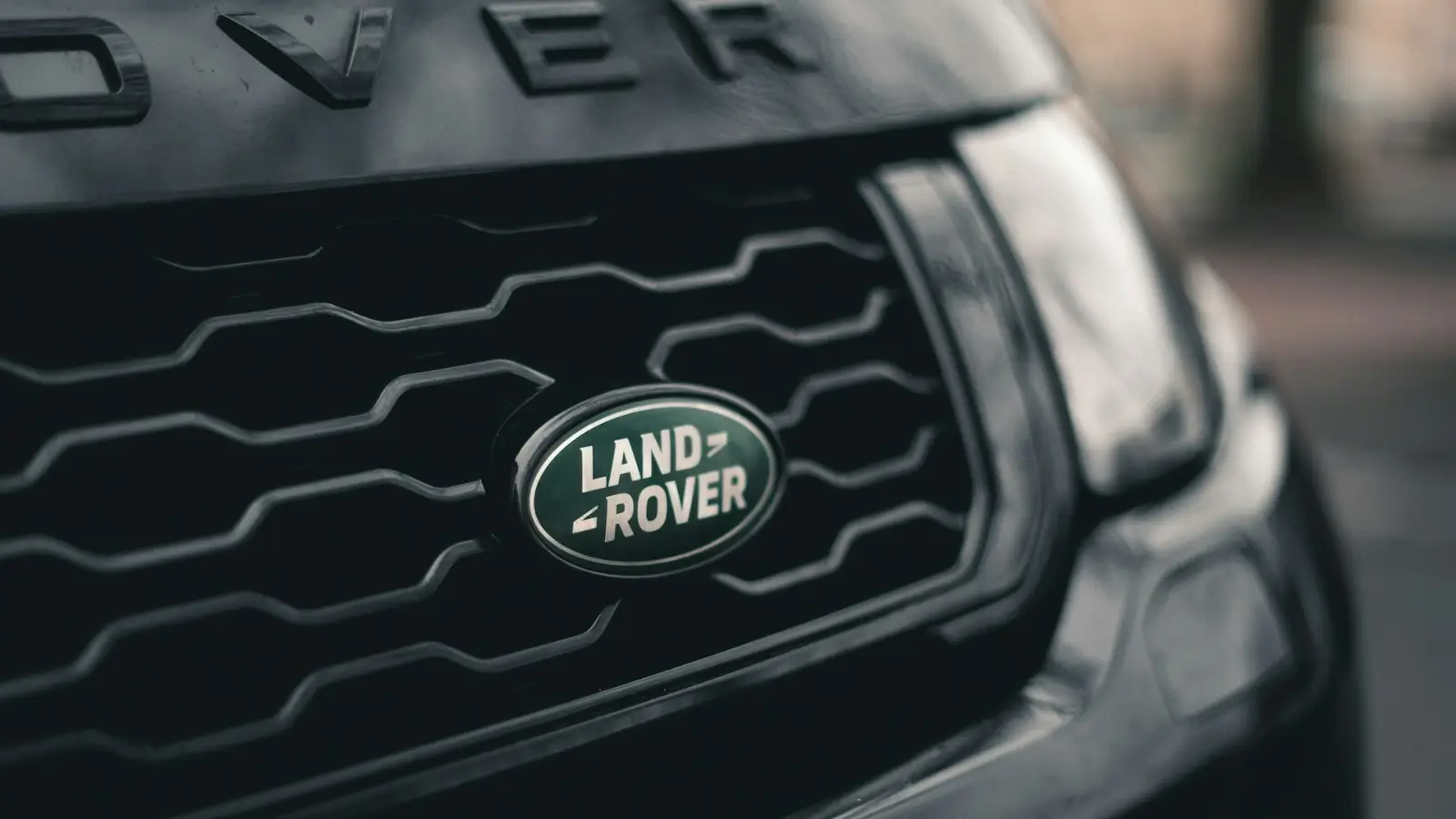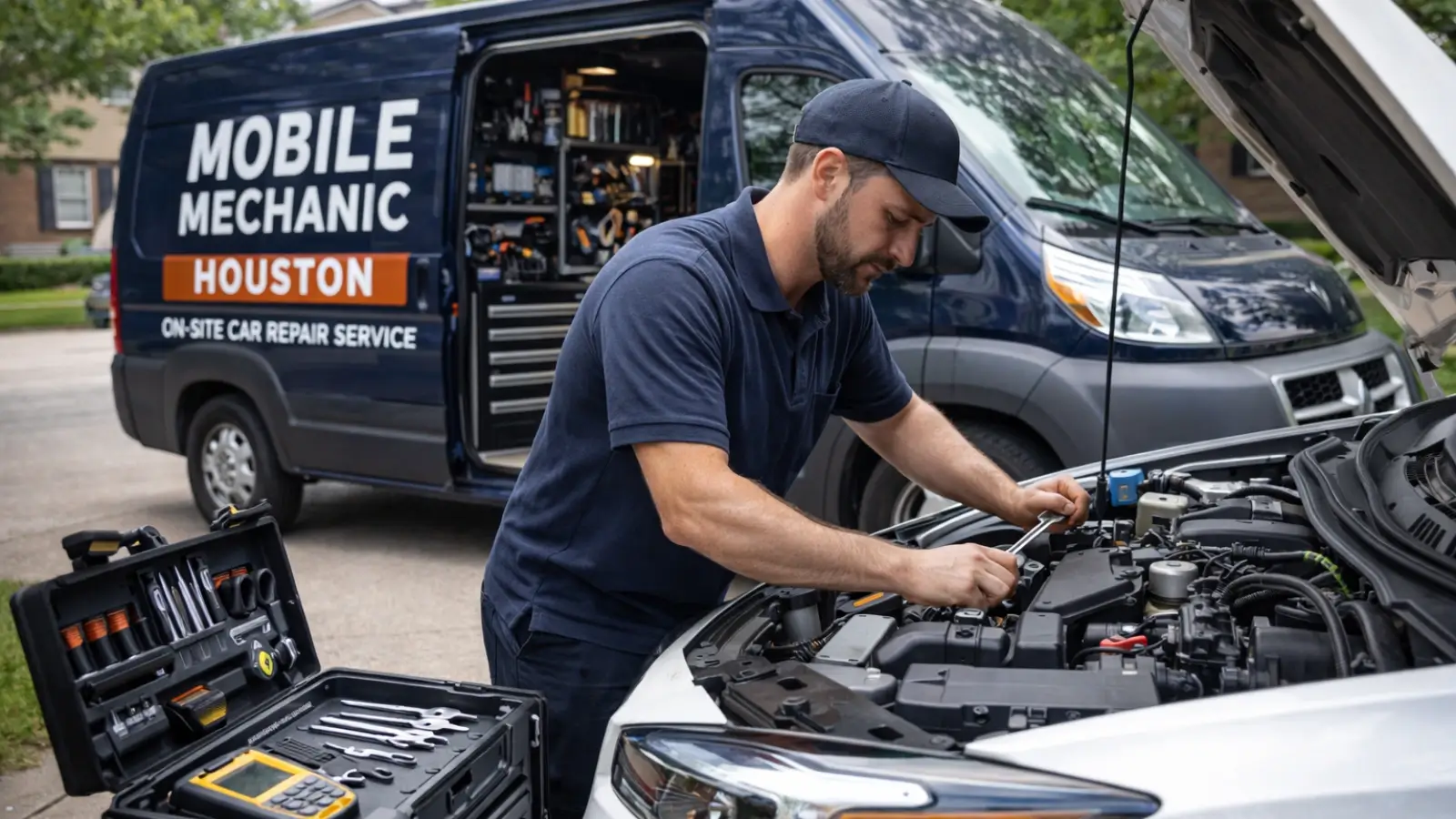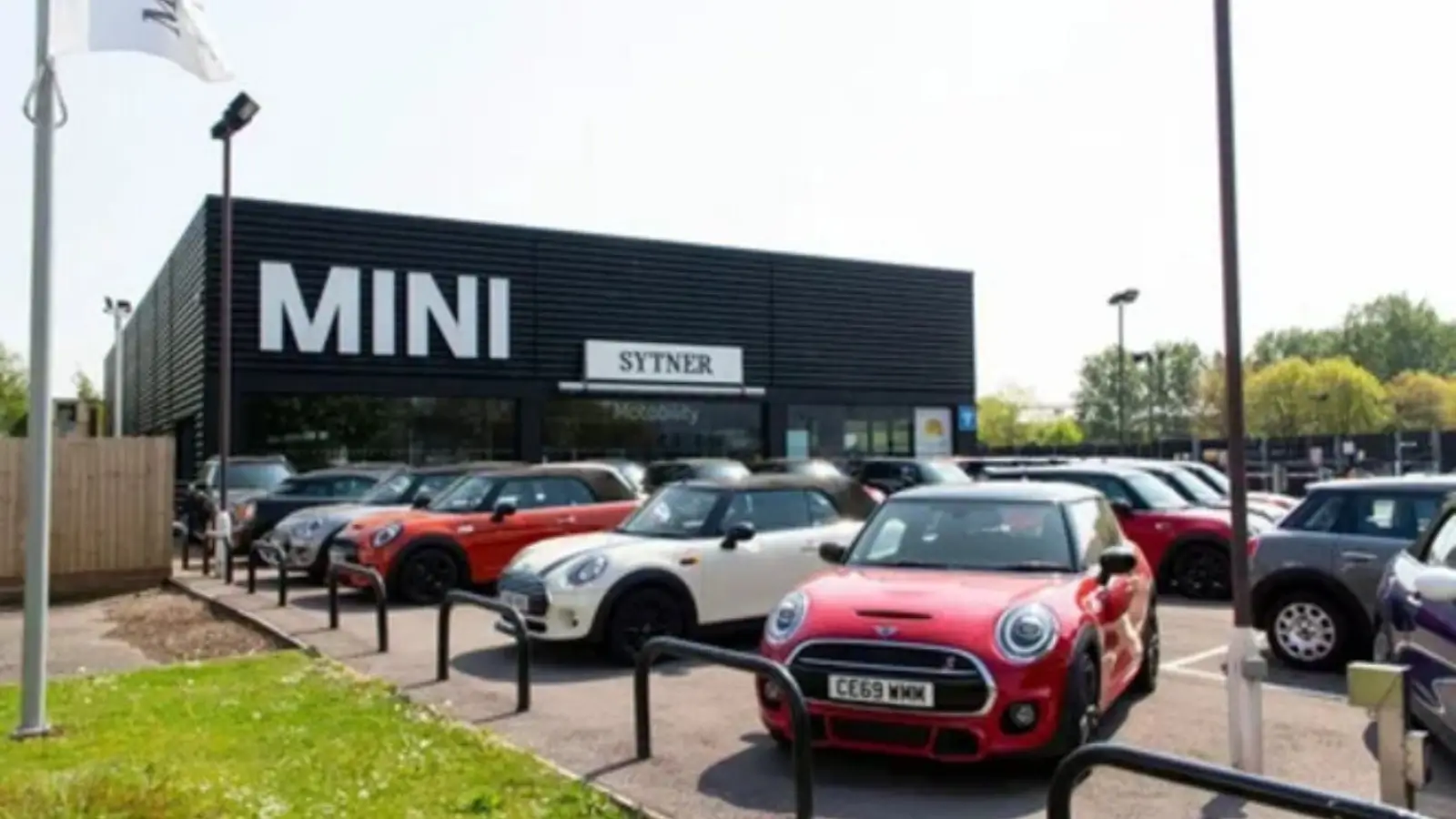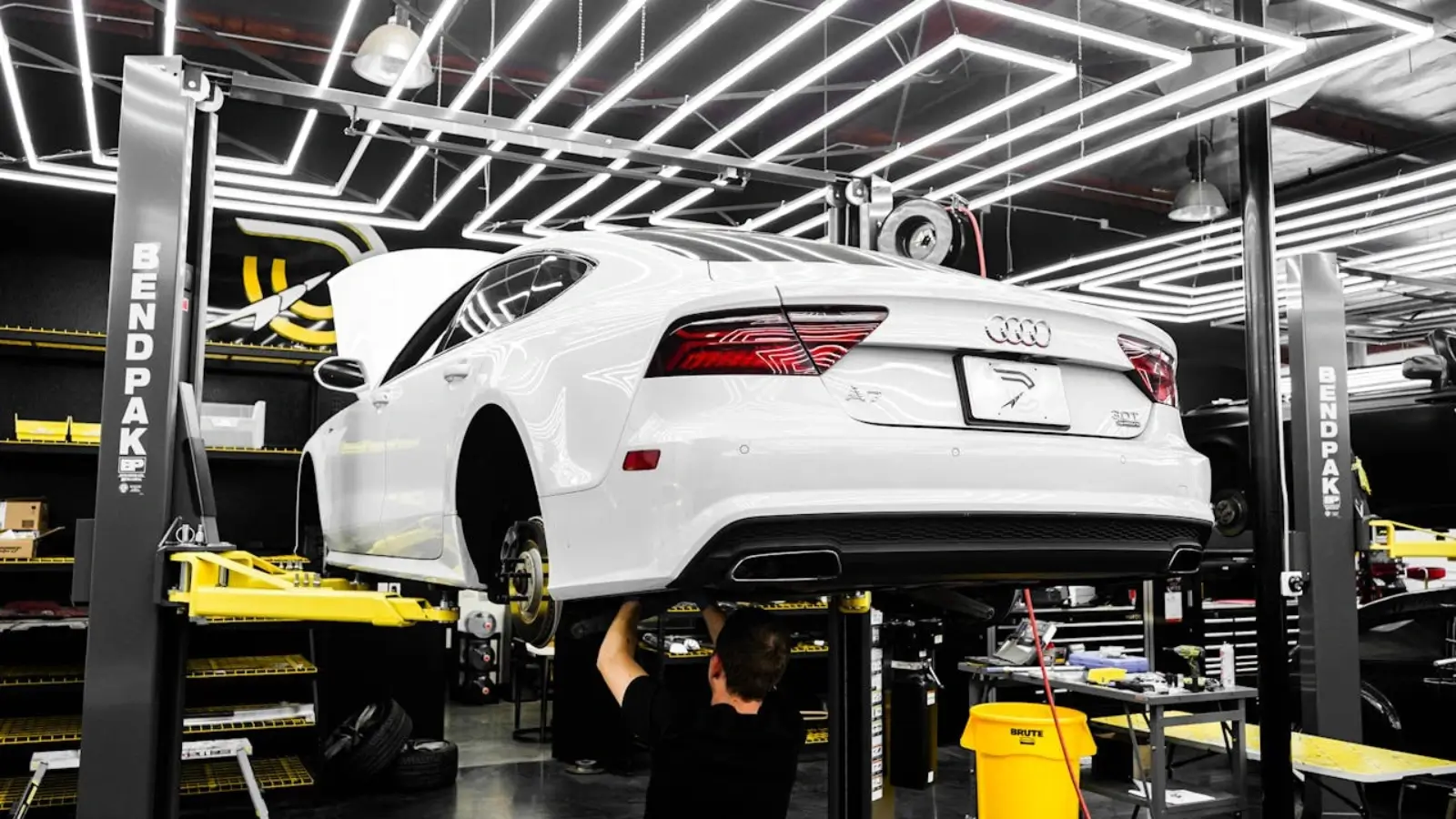How Business Strategies Influence Choice of Work Vehicles

Have you ever wondered why some businesses choose heavy-duty trucks while others prefer compact vans? The type of work vehicle a company uses isn't just about preference. It's a direct reflection of its business strategy.
In this article, we'll explore how different business strategies influence the choice of work vehicles. We'll also discuss why making the right decision can impact your bottom line. Keep reading to find out which vehicle best suits your business needs!
Budget and Cost Control
Businesses must balance vehicle costs with their overall budget. Some companies choose fuel-efficient models to save on long-term expenses. Others invest in durable vehicles to reduce repair and replacement costs. Leasing can be a better option for businesses that want to avoid large upfront payments.
Buying used vehicles is another way to cut costs while still meeting business needs. Insurance and maintenance expenses also play a big role in decision-making. A well-planned budget helps businesses choose the right vehicle without overspending.
Brand and Customer Perception
The type of vehicle a business uses can impact how customers perceive the brand. A clean and well-maintained commercial truck gives a professional impression. Luxury or high-end vehicles may help businesses that want to attract premium clients.
Eco-friendly vehicles can show a commitment to sustainability and social responsibility. Brightly branded trucks or vans increase visibility and strengthen brand identity. An old or damaged truck might create doubts about reliability and service quality.
Vehicle Size and Functionality
The size of a work vehicle must match the business's daily needs. Larger vehicles are useful for transporting heavy equipment or bulk goods. Smaller vans or trucks are better for businesses that operate in tight city spaces.
Choosing the wrong size can lead to wasted fuel and higher costs. Some businesses need specialized features like refrigeration or extra storage compartments. A well-fitted vehicle improves efficiency and keeps operations running smoothly.
Fuel Efficiency and Maintenance
Fuel costs can add up quickly, so businesses look for vehicles with good mileage.Choosing fuel-efficient models helps reduce operating expenses. Some companies invest in electric or hybrid vehicles to save on fuel and lower emissions. Regular maintenance is important to keep work vehicles running smoothly.
Ignoring repairs can lead to breakdowns and unexpected costs. Businesses must balance upfront costs with long-term savings on fuel and maintenance. A well-maintained, fuel-efficient vehicle improves reliability and reduces downtime.
Technology and Sustainability
Modern businesses rely on technology to improve vehicle efficiency and safety. GPS tracking helps optimize routes and reduce fuel consumption. Many companies choose electric or hybrid vehicles to lower their carbon footprint. Sustainable choices can also enhance a brand's reputation and attract eco-conscious customers.
Advanced safety features like automatic braking and lane assist improve driver protection. Telematics systems help monitor vehicle performance and reduce maintenance costs. Investing in the right technology supports both sustainability and long-term savings.
Explore the Influence of Business Strategies
Choosing the right work vehicle is an important business decision. It affects costs, efficiency, and customer perception. A well-planned strategy helps businesses find the best balance. This is between budget, functionality, and sustainability.
Making smart choices ensures long-term success and smooth operations.
Looking for more tips and ideas? We've got you covered. Check out some of our other posts now.




















